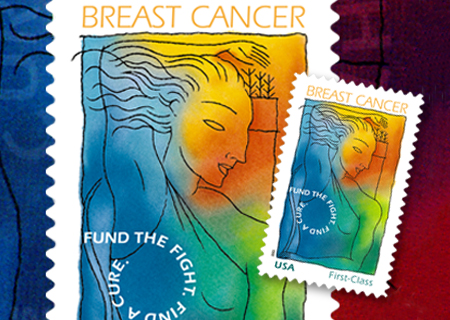
Kio Stark
On Talk With Francesca’s latest show, she spoke with author Kio Stark on her book, “When Strangers Meet” and cybersecurity expert Sean M. Bailey about his book “Hack-Proof Your Life Now!” Learn more about the guests and the interviews below.
Kio Stark
Is it OK to talk to strangers? Author Kio Stark says yes! She gave a TED Talk about her book, “When Strangers Meet,” which studies the benefits of interacting with strangers. The talk got more than a million views online. It made people think more about how they approach people they have never met. Stark has worked in journalism, interactive advertising, community research and game design. She writes, teaches and speaks around the world about stranger interactions, independent learning and how people relate to technology. Learn more about Stark at www.kiostark.com.
WHY DID YOU DECIDE TO WRITE A BOOK ABOUT TALKING TO STRANGERS?
KS: I was brought up that it was OK to talk to strangers. When I got to be in my 20s, I started to realize that not everyone does talk to strangers. When I started to notice that, I got really interested in why DO people talk to strangers and why DON’T they and what stops them. That was really when I started to pay must closer attention.
WHAT ARE THE BENEFITS OF TALKING TO STRANGERS?
KS: We talk about humans needing intimacy and shelter, but we don’t really think about what intimacy is made of, and part of what it’s made of is this sense of connectedness and belonging and we normally think of those as things we get from our family, from the people that we’re close to. And for me, it’s important to pay attention to the fact that we also get that from these brief connections on the street. When we have a positive interaction with someone on the street – when we feel recognized by them – in general, that feels really good. It feels like this moment of connectedness and belonging. The term I use for that s fleeting intimacy. So, we’re getting this kind of emotional satisfaction.
KS: The other really important thing is a political benefit. When we talk to people who are different than us, we are exposing ourselves to difference and increasing our ability as a human – if you look somebody in the eye, they become less of a category and more of a person to you – the more you talk to them, the more an individual you’re dealing with. And dealing with individuals is a very important way of reducing prejudice.

Sean M. Bailey
In the new book, “Hack-Proof Your Life Now!” authors Sean M. Bailey and Devin Kropp explain how Internet users can protect their email, computers and bank accounts from hacks, malware and identity theft. Bailey and Kropp are the creators of an educational workshop called “One Hour to Savvy Cybersecurity.” They say that anyone can dramatically boost their online security with a few simple actions. Measure your cybersecurity score at hackproofyourlifenow.com.
WHAT IS THE BIGGEST CYBER SECURITY THREAT FACED BY MOST PEOPLE?
SB: Ransomware. People receive a suspicious email. People might think it is from a family friend or a bank you do business with and people click on the link without really thinking through what could possibly be going on. Next thing they know, their computer has been entirely taken over by something called ransomware. Their computer has been encrypted. And you can do nothing with your computer unless you pay the hackers $500-$1000 unless you have a backup, in which case you can ignore this situation. This is probably one of the biggest concerns.
WHAT ELSE IS IMPORTANT TO KNOW?
SB: Credit reports and credit files. There’s a lot of misunderstanding about this issue. Everybody needs to contact Equifax, Experian and TransUnion, the three major credit companies. You need to put your credit on a security freeze. And don’t sign up for some identity theft service that says it’s going to monitor the problem for you. You just need to shut down the problem completely and put your account on a security freeze. When it’s on a freeze, that means that no new credit can be taken out in your name. That means that somebody who has your data, they’ve purchased it in a black market, and now they’re gonna attempt to scam some company by taking out credit in your name. They won’t be able to do that because when the credit application is filed they have to go an check your credit report. And when they check your credit report, a security freeze means they can’t get into it.




